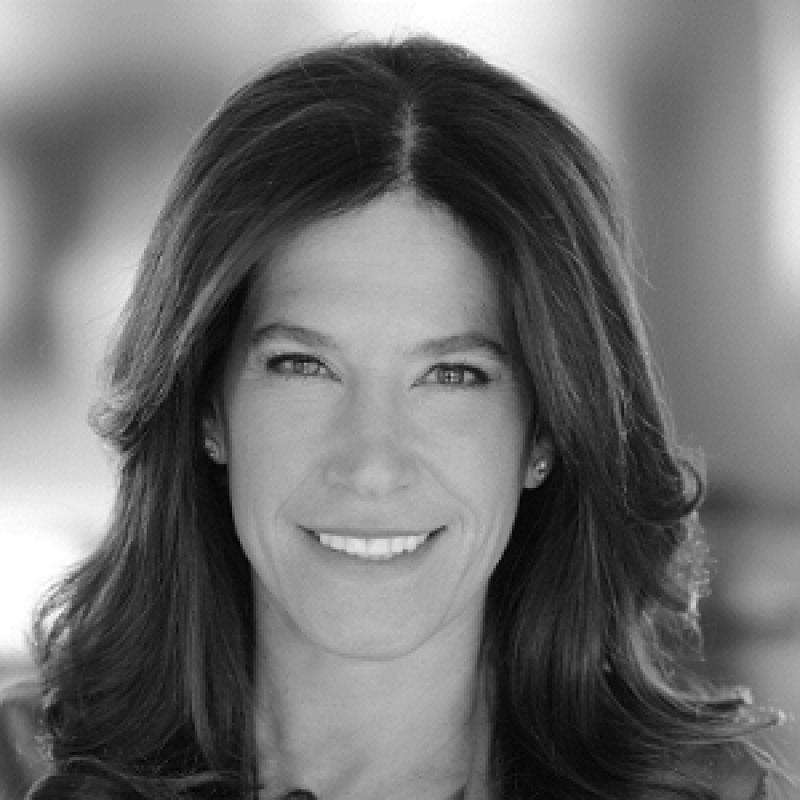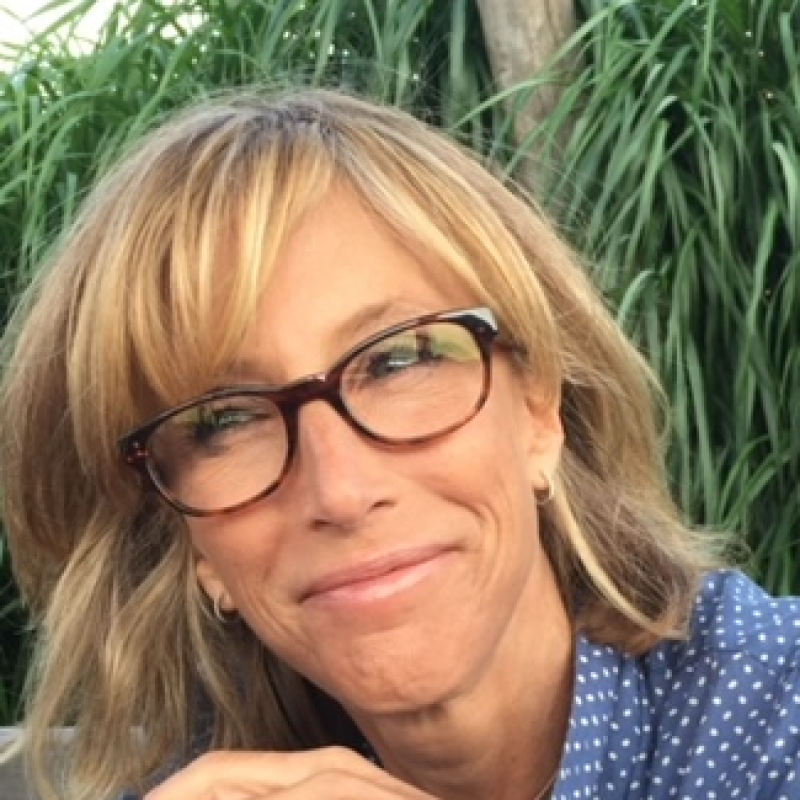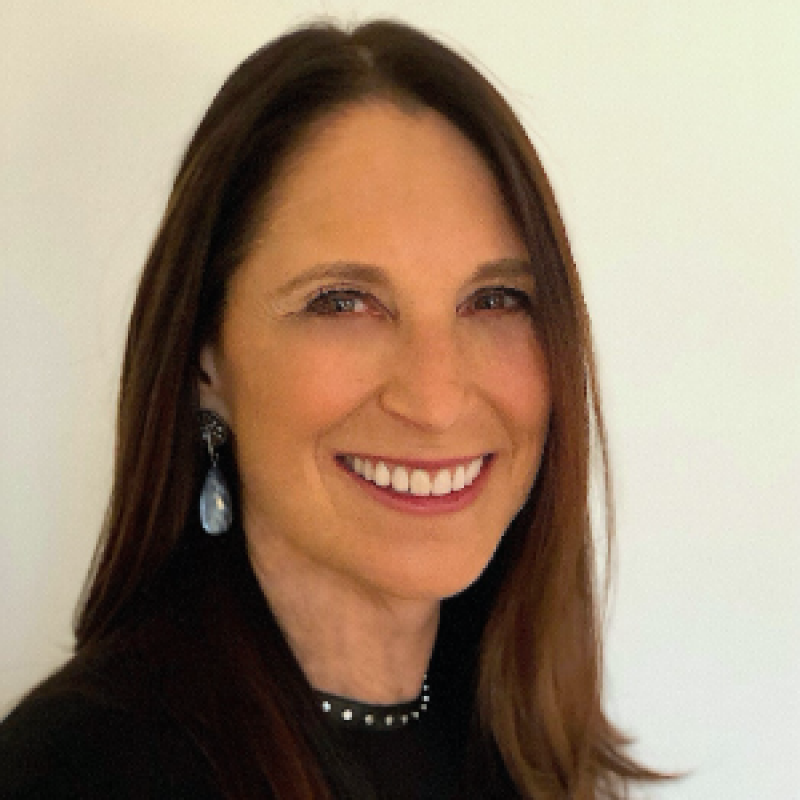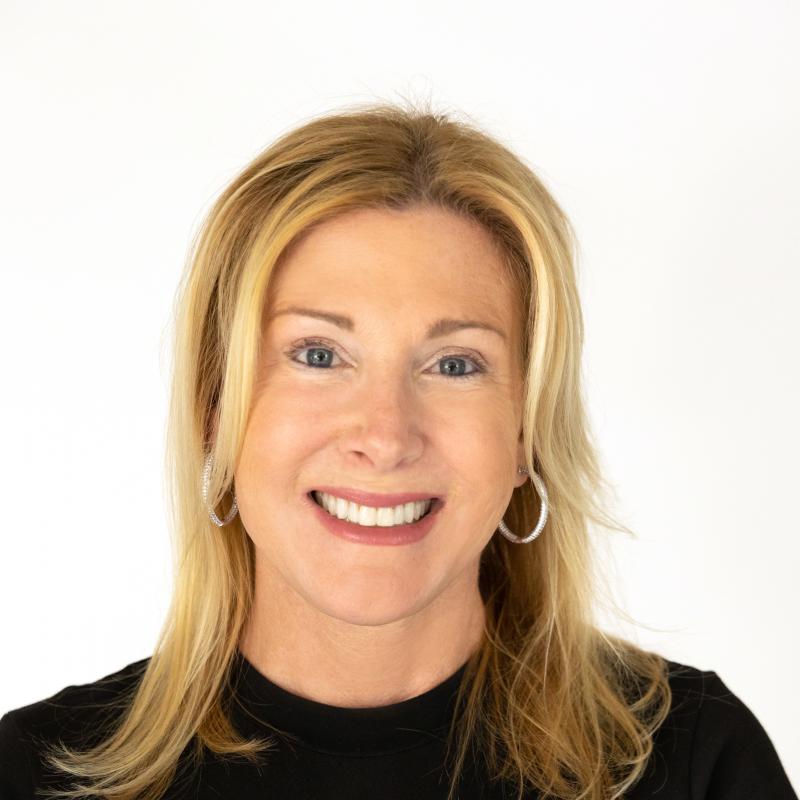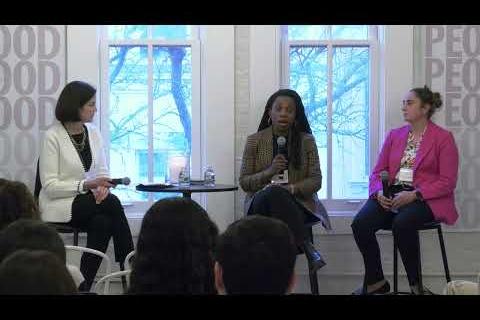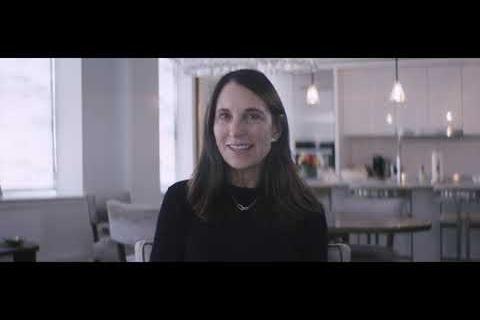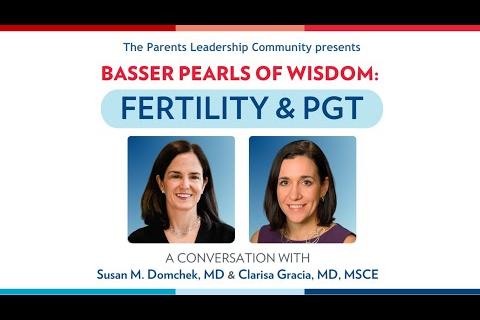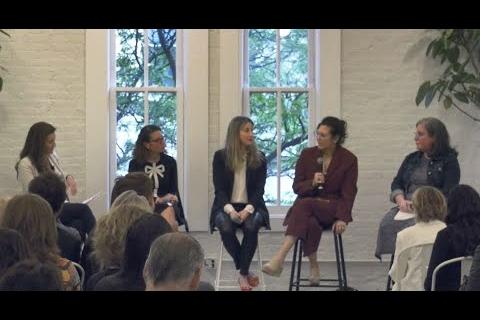The Parents Leadership Community (PLC) of the Basser Center for BRCA is a group of parents supporting their children who are, or may be, faced with a BRCA1 or BRCA2 mutation. The PLC is a supportive forum for parents to learn how to talk with their families about BRCA mutations, while also providing a resource to stay informed about the latest advances in BRCA research and care.
To learn about how to become involved in the Parents Leadership Community of the Basser Center for BRCA, contact Carolyn Brown or call 215.573.0550.
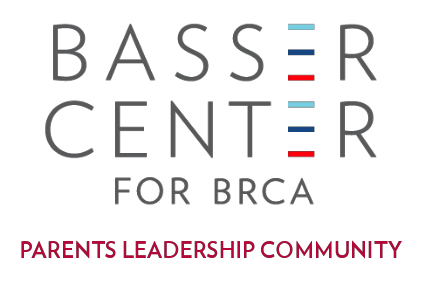
Meet the Co-Chairs
Past PLC Events
Basser Pearls of Wisdom: A Conversation with Susan M. Domchek, MD and Clarisa Gracia, MD, MSCE
Hear from Susan M. Domchek, MD, executive director of the Basser Center, and Clarisa Gracia, MD, MSCE, Chief of the Division of Reproductive Endocrinology and Infertility at the University of Pennsylvania as they discuss fertility preservation, egg freezing, pre-implantation genetic testing (PGT), and more.
BRCA, Your Adult Children & You
This panel discussion focused on supporting adult children while navigating the realities of a BRCA mutation in your family. Moderated by journalist Jill Werman Harris, hear from Isabel Blumberg, MD, New York-based ObGyn, Dana Farengo-Clark, MS, LCGC, Basser Center Senior Genetic Counselor, Allison Werner-Lin, PhD, LCSW, Associate Professor at the University of Pennsylvania's School of Social Policy and Practice, and Samantha Zuckerman, MD, MBE, Penn Medicine Breast Radiologist.
A BRCA Family Affair: The Emotional Realities of a Lifelong Journey
This event focused on the emotional realities of being a BRCA mutation carrier and the parent of a child who has, or may have, a BRCA mutation. Hear from Basser Center executive director Susan Domchek, MD, Basser PLC co-chair and Basser Center Advisory Board member Susan Getz, Basser Center Advisory Board member Heidi Rieger, Basser YLC co-chair Jenny Sorin, and Associate Professor at the University of Pennsylvania's School of Social Policy and Practice, Allison Werner-Lin, PhD. The discussion was moderated by journalist Jill Harris.
